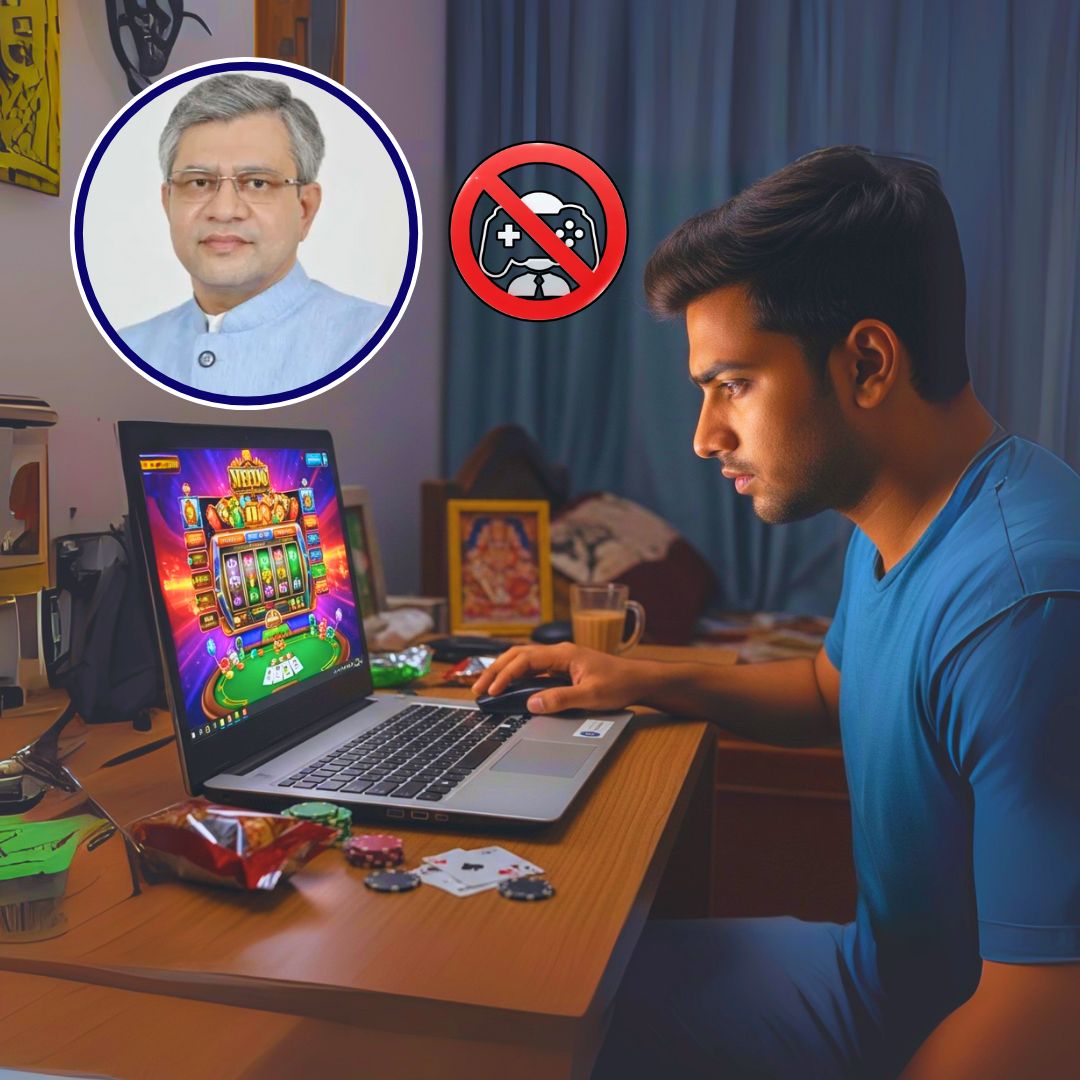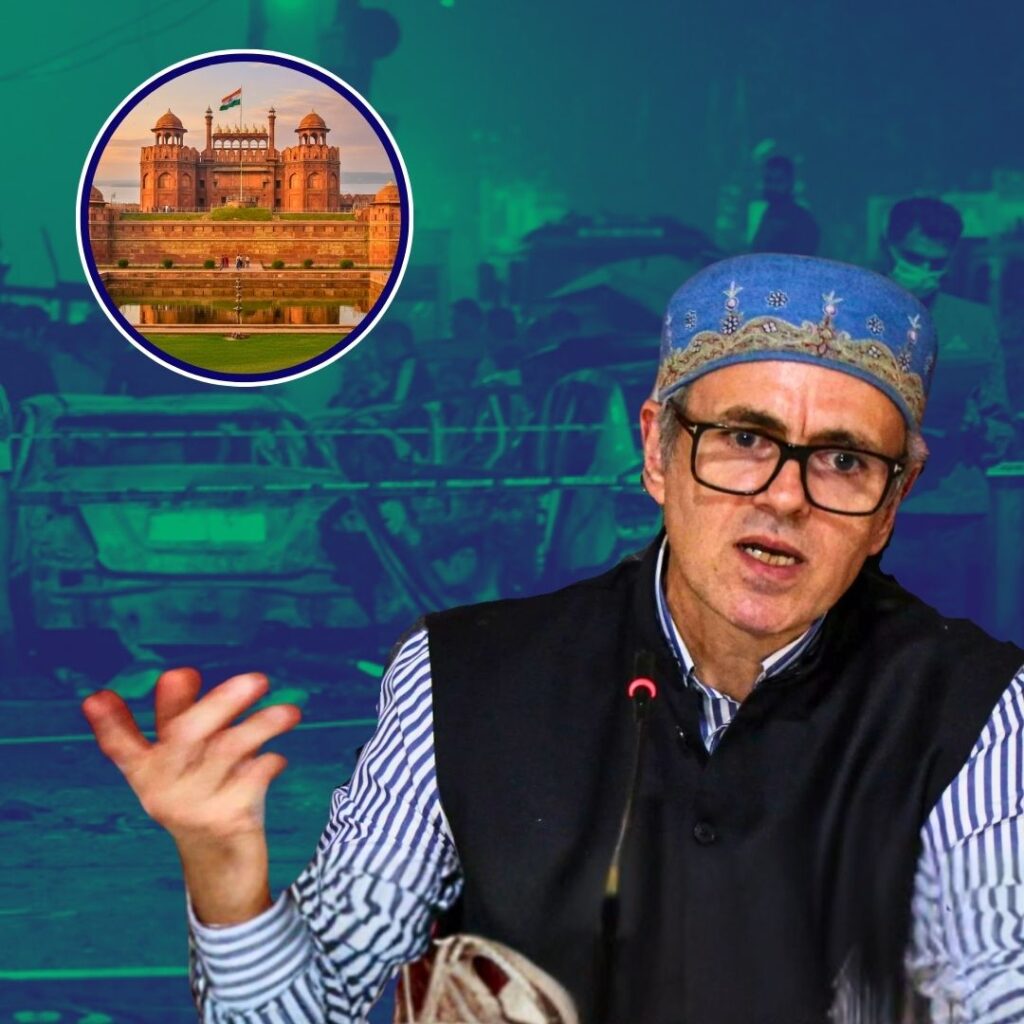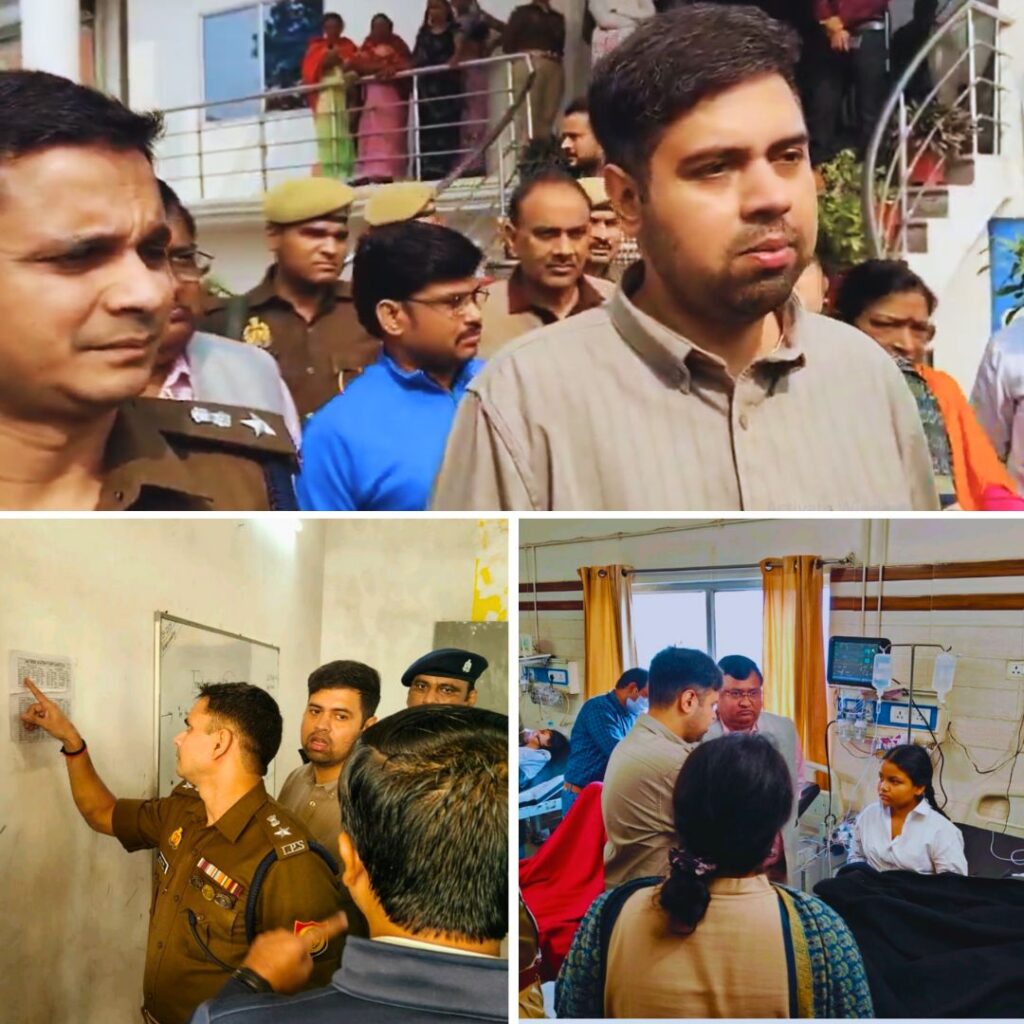The Promotion and Regulation of Online Gaming Act, 2025, banning all forms of online money gaming in India, will be enforced from 1 October, confirmed Union IT Minister Ashwini Vaishnaw. The $23 billion industry, which includes fantasy sports, rummy, and poker, faces nationwide prohibitions on offering, advertising, and facilitating financial transactions related to cash-based gaming.
While the government stresses the move protects public welfare from addiction and financial fraud, industry groups warn of massive job losses and economic destabilisation. Civil society and some state governments have welcomed the law, citing the relief it brings to families affected by gaming-related debt and mental health crises. The Supreme Court is currently hearing consolidated petitions challenging the legislation’s scope and implications.
Comprehensive Regulation and Nationwide Ban
The Act, passed by Parliament and assented to by the President in August, introduces one of India’s strictest online gaming laws. Ashwini Vaishnaw highlighted the government’s extensive three-year consultative process involving industry stakeholders, banks, advertisers, and regulators. He reiterated the government’s “very consultative approach” and said the rollout from October 1 aims to curb the social harms linked to unchecked cash-based online gaming.
The law criminalises offering or joining online money games, making these offences cognisable and non-bailable, with penalties including imprisonment up to three years and fines up to ₹1 crore. Banks and financial entities are forbidden from processing payments to banned platforms.
Notably, while players themselves will not be penalised, the law targets operators, promoters, advertisers, and funders to deter the spread of online money gaming. The legislation also aims to promote e-sports and skill-based social games legally, providing a balanced framework for gaming in India.
Industry Challenges and Legal Battles
The implementation casts uncertainty over India’s burgeoning online gaming ecosystem, which employed thousands and attracted billions of foreign investment. Industry bodies have voiced concerns about an abrupt halt resulting in layoffs, loss of entrepreneurial opportunities, and disruption to innovative startups.
Many gaming companies have already begun shutting down or pivoting strategies, with some eyeing relocation to more permissive jurisdictions like Singapore and Dubai. Legal challenges have intensified as the Supreme Court consolidated multiple petitions from industry groups questioning the constitutional validity of banning skill-based money games and alleging disproportionate blanket bans.
They argue the law undermines years of judicial recognition of games of skill and threatens India’s digital economy growth. However, advocates of the ban underscore rising addiction rates, financial exploitation, and the blurred distinction between games of chance and skill as justification for stringent measures.
The Logical Indian’s Perspective
In balancing progress and protection, this law represents a crucial attempt to safeguard vulnerable citizens-particularly youth-from the social and financial pitfalls of unchecked online money gaming. India’s digital economy must foster innovation without compromising public health and social harmony.
The government’s consultative approach signals willingness for ongoing dialogue, which should be embraced to refine regulations and support skill-based gaming and esports responsibly. The challenge lies in crafting laws that protect individual welfare and community resilience without stifling legitimate economic opportunities.











